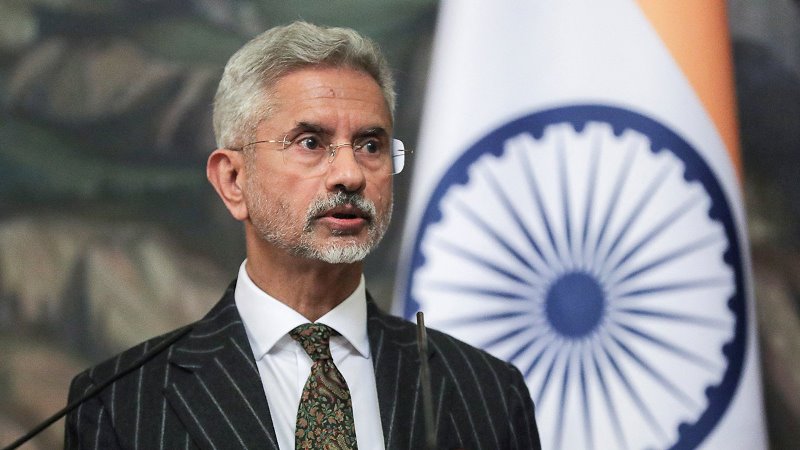India’s Foreign Minister, Subrahmanyam Jaishankar, stated on Saturday that trade negotiations with the United States are ongoing but emphasized that New Delhi has certain “red lines” it must defend. This declaration comes just days before a new wave of substantial U.S. tariffs, some as high as 50%, is set to take effect on Indian goods. The tariffs are a response to India’s increased purchases of Russian oil, with a 25% duty already in place and a second 25% levy scheduled for August 27.
Hopes for a resolution were dampened by the cancellation of a planned visit by U.S. trade negotiators to New Delhi from August 25-29. Minister Jaishankar, speaking at an Economic Times forum, singled out the protection of India’s farmers and small producers as a primary concern, asserting the country’s right to make decisions in its “national interest.” This stance is a continuation of earlier trade talks that collapsed because India refused to open its vast agricultural and dairy sectors to foreign competition.
The economic impact of the full implementation of these tariffs could be significant. Analysts at Capital Economics warn that if the tariffs remain in force, they could reduce India’s economic growth by 0.8 percentage points both this year and next. Furthermore, they caution that the longer-term damage could be even more severe, as high tariffs could undermine India’s attractiveness as a global manufacturing hub, jeopardizing a key pillar of its economic strategy.
Jaishankar also offered a critique of the U.S. approach, describing President Donald Trump’s public foreign policy announcements as “unusual” and a departure from traditional diplomacy. He further pointed out a perceived inconsistency in Washington’s stance, noting that its concern over Indian purchases of Russian oil is not being applied to other major buyers, such as China and the European Union, highlighting the complex geopolitical tensions underpinning the trade dispute.














